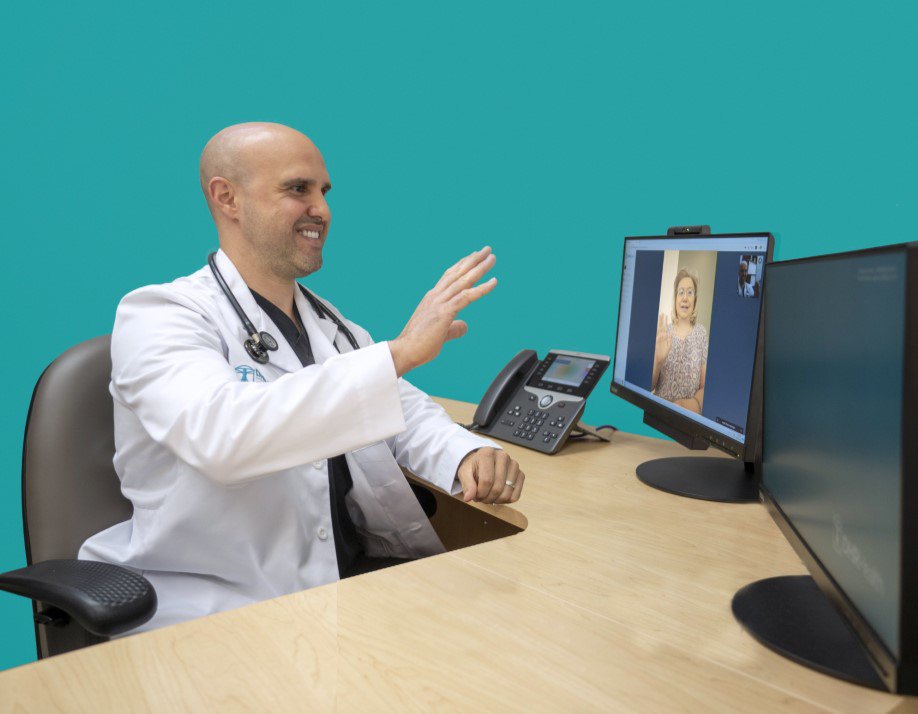We understand you may have a lot of questions, and we are here to help you find the answers as best we can. If you are requesting an appointment or need more information please contact your DHR Health Clinic. Our list of clinics can be found here.
For medical emergencies, patients should go to the emergency room or call 911. Your healthcare providers should use their professional judgement to decide when telemedicine is appropriate for your condition. Telemedicine should not be used for any condition where an in-person exam is required because of severe symptoms such as:
- Chest pain or other signs of a heart attack
- Difficulty breathing
- Seizures
- One-sided weakness, facial drooping, or other signs of stroke
- Suspected broken bones
- Unexplained change in mental status, such as fainting or becoming delirious


